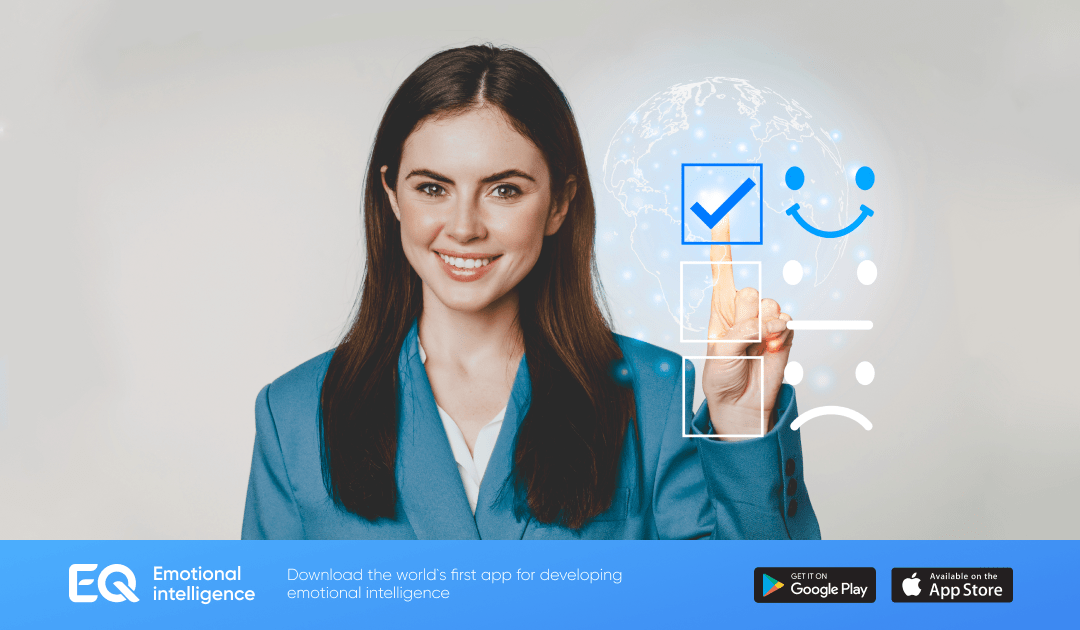Emotional literacy is something that each of us needs. The modern world is full of stressful situations, which most often leave a negative residue. The term was introduced and first published in 1979 by the famous psychologist Claude Steiner.
Emotional literacy is also the ability to recognize one’s emotions and the emotions of other people, as well as the ability to manage these emotions when interacting with each other, in many ways it is a key aspect of creating positive living conditions.
The main goal of developing emotional literacy is to help people cooperate without using manipulation and violence, using emotions of empathy to unite and improve the quality of life.
If we are emotionally literate, we learn to control difficult emotional situations that often lead to fighting, lying, attacking, and hurting other people and instead enjoy emotions like love, hope, and joy.
The most important advice is to try to feel all the emotions that come your way. Do not reject sorrow and sadness, pain, longing and pain. If you do not live through them, appropriating this experience to yourself, other experiences will atrophy as well.
All emotions serve one purpose – they make you sensitive and alive. The first step to regaining emotional literacy is to follow your passion. Try not to reject your dreams, but follow them relentlessly. This will help you feel the taste of happiness, success, and satisfaction.
Unfortunately, we are often prone to emotional trauma—most of it from the simple everyday struggles of life, some from betrayal and disappointment. Without an emotionally competent release of emotions, this emotional pain forces us to freeze our feelings to protect ourselves, while hiding, we lose touch with our feelings and can no longer understand or control them.
We crave emotional experiences and we want to get them in different ways. Learning emotional literacy is a direct and effective way to reconnect with our feelings and their power, especially the power of love.


Recent Comments